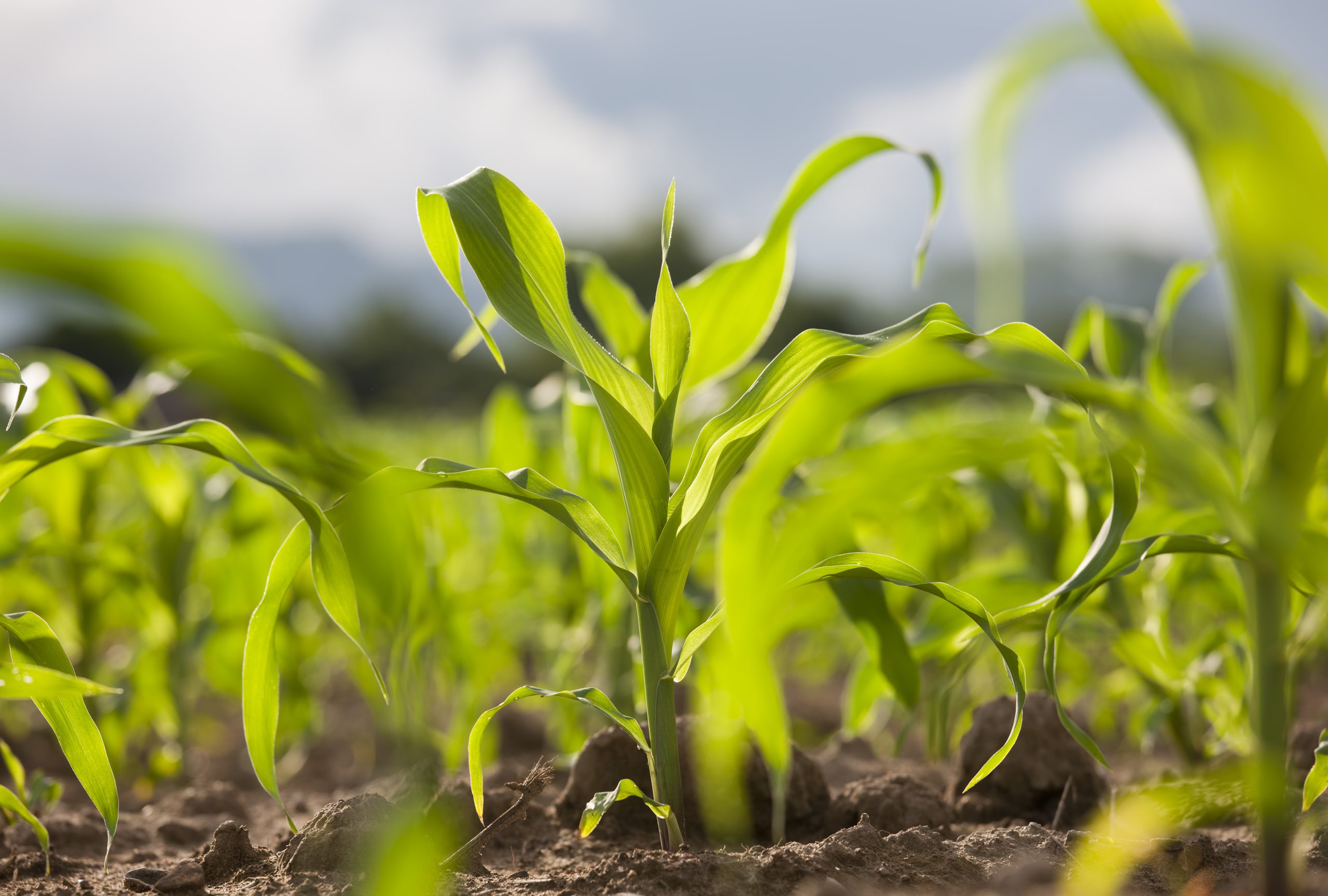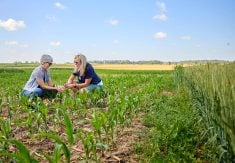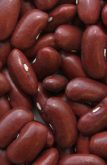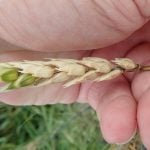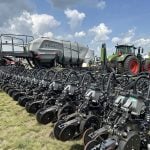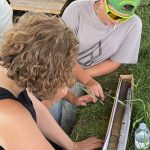Adzuki beans are prized by Japanese buyers for taste and colour and used in many Asian foods, including soups and desserts. But it’s hard to convince growers in Ontario to plant them because of their lower yield.
There’s not much doubt about the lower yield, says Chris Gillard, an associate professor at the University of Guelph’s Ridgetown campus. He told the annual Bean Growers of Ontario research day that two years of comparing adzukis to Rexeter navy beans and Zorro black beans showed they had a significant yield lag.
Read Also
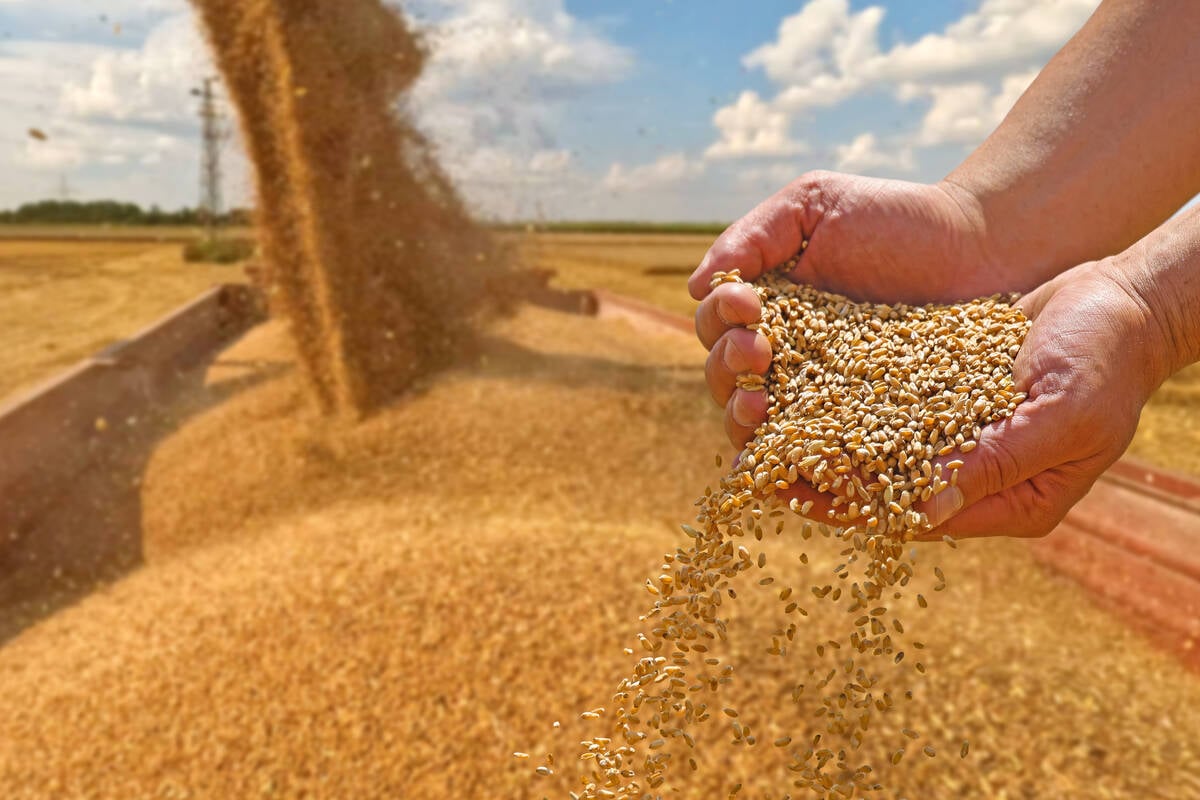
Great Lakes YEN wheat yields top 115 bushels per acre in 2025
Recorded yields in the 2025 Great Lakes YEN (Yield Enhancement Network) challenge surpassed 115 bushels per acre across all participating farms in 2025, with a record breaking 180.2 bushel crop grown by one Michigan participant.
In 2016, the adzukis had 25 to 50 per cent of the yield of the other beans. Part of the challenge with adzukis is their smaller seed size, which means some of them can be screened off and never get to market.
Over the two years, the trials were conducted at Elora, Winchester and Exeter. The Winchester trial adzukis yielded 200 to 300 per cent better than trials at Elora or Exeter. The Exeter research station showed the lowest yields.
The adzuki W4 cultivar consistently was the highest yielder in Gillard’s trials.
Dr. Peter Pauls of the University of Guelph is working on another trial to try to breed greater seed size and colour into adzuki beans in research supported by Hensall Co-op, a leading marketer of edible beans.
Pauls is using Erimo, the most popular variety of adzuki, and crossing it with Chinese lines. So far they have found that there is seed size variation to work with. They have been using a nursery in Puerto Rico to get another season of growing in, instead of just trying to breed the beans during Ontario summers.
They are also bringing in adzuki bean genetics from Japan.

